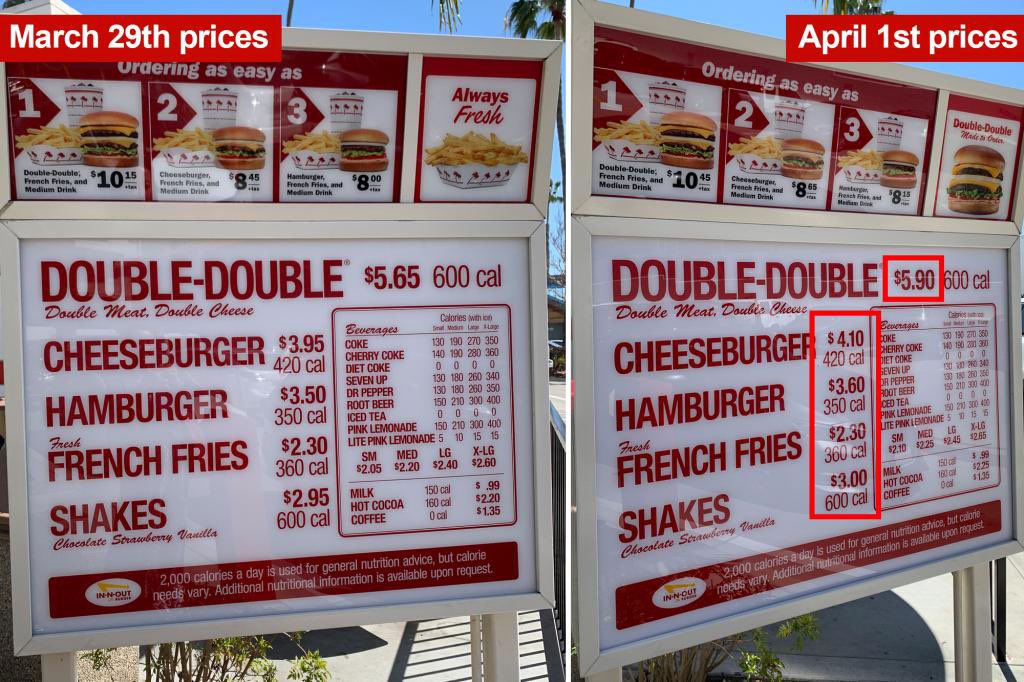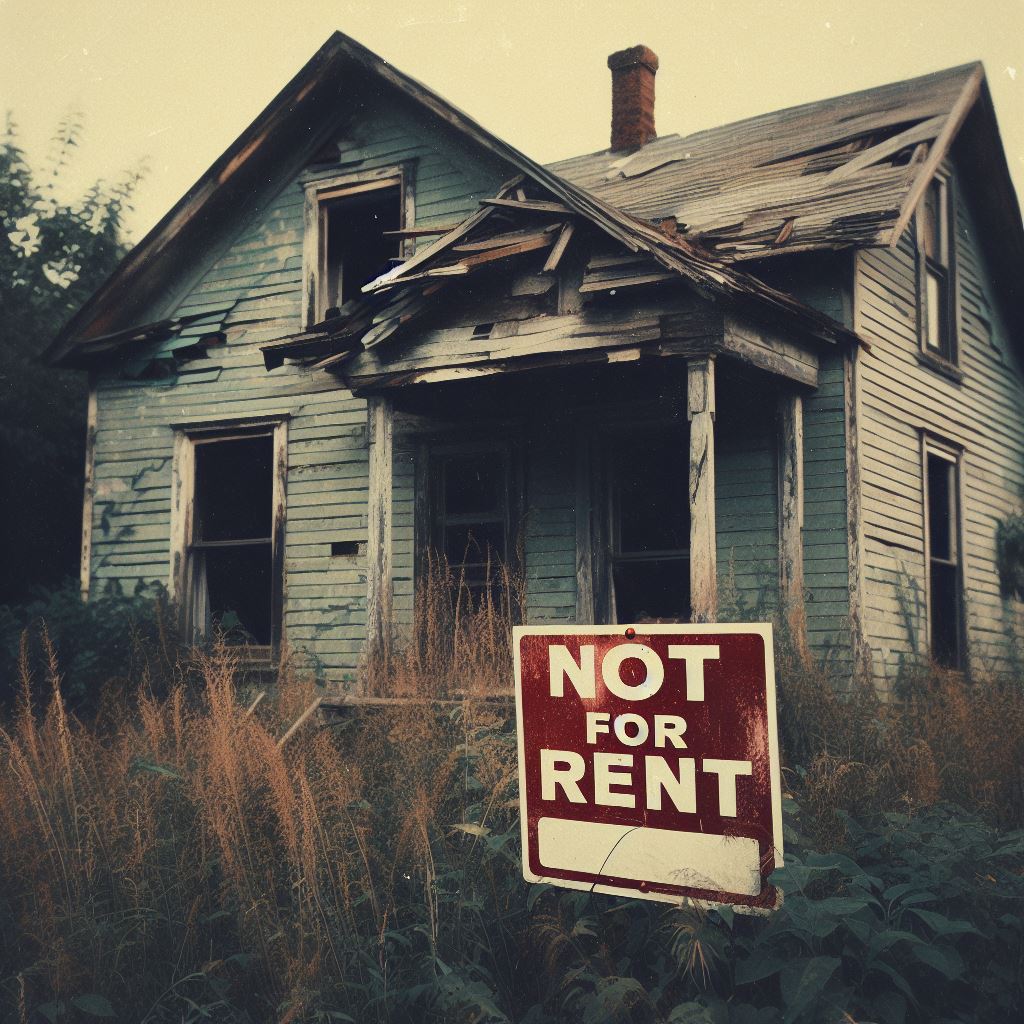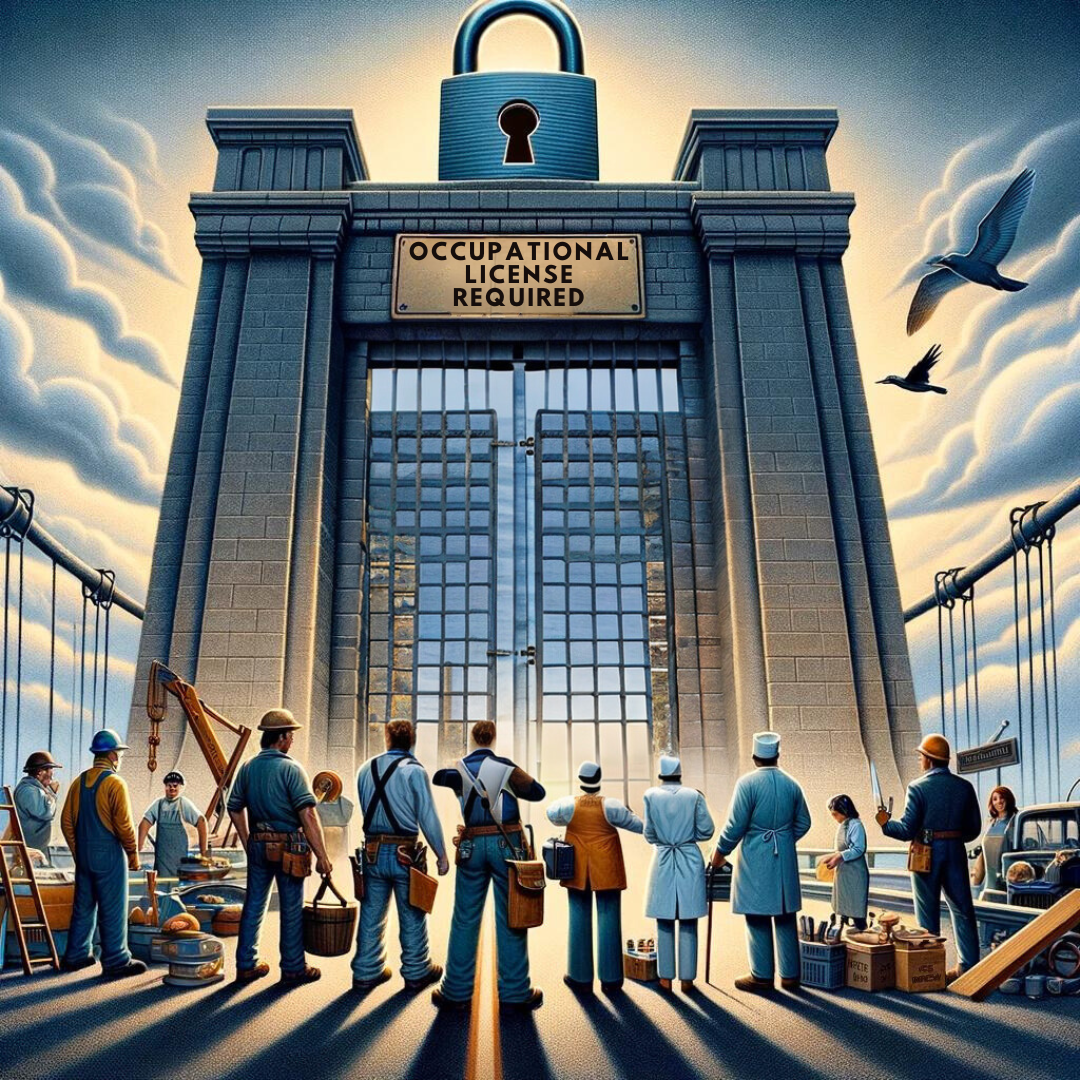Workers' comp reforms help, but state monopoly remains unsound
The News Tribune in Tacoma published this column on October 12, 2012.
The recent announcement by the Department of Labor & Industries (L&I) that average workers’ compensation taxes will not increase in 2013 is good news for businesses in today’s tough economy. Unfortunately, that good news is a temporary reprieve. The current monopoly system is failing, and a 40 percent tax hike is set to begin in 2014.
To avoid the unwanted attention of the looming 10-year, 40 percent tax hike plan, much hullaballoo is being made over the no-tax year, made possible by fewer injured worker claims and the modest reforms passed in 2011 saving $300 million more than initially expected.
Here’s the real story. Injured worker claims are down 6.2 percent because more people are unemployed, not due to suddenly efficient claims management by L&I. Fewer people working mean fewer on-the-job injuries.
As for the reforms, they may be saving money, but not nearly as much as they should be.
One of the reforms is a significantly watered-down version of what the business community originally proposed. Businesses urged lawmakers to allow injured workers eligible for a lifetime pension the option of voluntarily settling the nonmedical portion of their claim.
Known as a structured settlement agreement, the injured worker receives medical care for as long as treatment is needed, but agrees up front to a set amount of compensation for lost income from being unable to work. Structured settlements give injured workers control over how their claim is managed and resolved, rather than being forced to rely on a lifetime monthly pension from the state.
Since the settlements only cover the nonmedical benefits on a claim, a worker choosing this option will never be left with unmet medical needs.
In a recent presentation, L&I gave three examples of how structured settlements have already helped real people: empowering a worker to receive dental care he otherwise could not afford; assisting a worker to relocate and retire in his family’s hometown; and allowing a worker to avoid the cost of litigation and acquire the peace of mind of predictable, adequate income.
Voluntary settlement agreements are a proven solution already working in 44 states. Unlike these 44 states, however, our Legislature severely limited this money-saving option to workers age 55 and over. Washington is the only state that imposes an age restriction on voluntary settlements.
The original proposed reforms would have allowed all injured workers the settlement option.
The state’s own budget analysts estimated removing the age restriction would more than double savings for taxpayers.
Given L&I’s announcement that the weaker reforms are saving more than predicted, imagine the savings if the full reform were implemented. Giving all workers the settlement option would go a long way toward fixing our broken workers’ compensation system.
Make no mistake: The current monopoly system is failing. Despite claims that no tax hike this year, plus the savings from the 2011 reforms, show the state-run system is a success, the state monopoly remains financially unsound.
After years of warnings from the state auditor, L&I managers admit the system is approaching insolvency. L&I also says employers will face a 40 percent tax hike over the next decade, beginning in 2014. That’s in addition to the 66 percent increase imposed since 2000.
Meanwhile, Oregon employers have enjoyed a cumulative rate decrease of more than 60 percent since the state ended its monopoly 20 years ago and allowed private insurers to sell workers’ compensation insurance at competitive prices. Similarly, rates in West Virginia and Nevada have fallen 51 percent and 40 percent respectively since those states allowed private competition.
It’s increasingly clear the state’s monopoly program, one of only four left in the nation, is not working. Opening the market to private insurers is the key to real success.
If lawmakers will not let businesses buy worker protection coverage on the open market – letting normal competition set prices and reduce costs – at least they should pass legislation that expands the structured settlement option to all workers.







